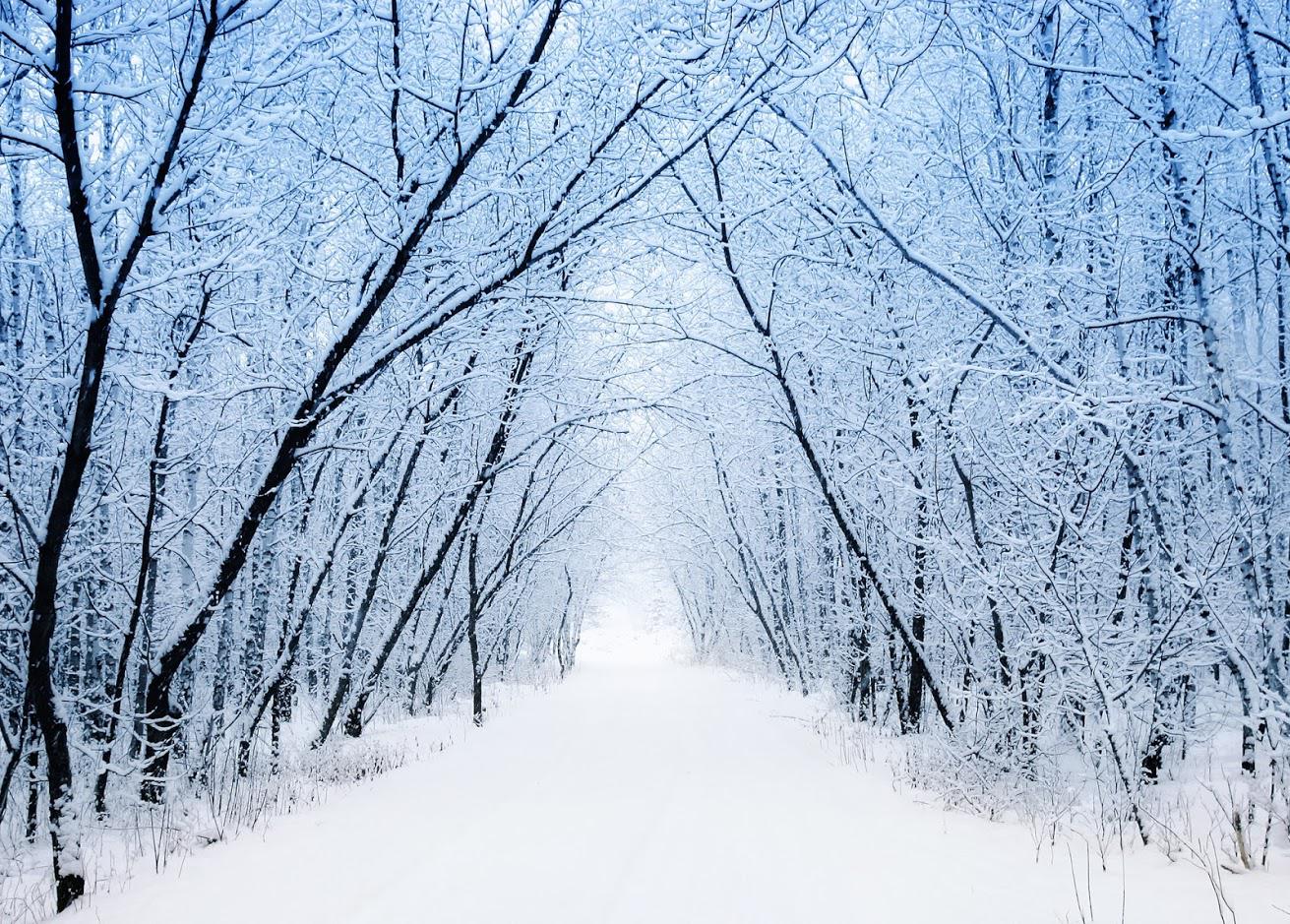Winter Weather and Your Homeowners Insurance
- By
- •
- 21 Jan, 2019
- •

A fresh blanket of winter snow is picturesque. But it's also dangerous. According to the Insurance Information Institute, the annual damage cost from winter storms is measured in the billions. Between freezing temperatures, ice, and snowstorms, the winter months come with plenty of risky conditions.
How can you protect your home from winter damage? Take a look at these ways to reduce the risks, and associated costs, of winter weather.
Have the Right Insurance
While you can take steps to reduce winter-related risks, you can't stop the weather. Without adequate homeowners insurance, you might end up paying for damage from storms, snow, ice, or other winter issues. These issues include:
Falling trees. The weight of snow and ice can cause limbs to fall. Unlike other areas (such as your sidewalk), shoveling a tree isn't practical. Along with insuring your home, make sure that you have coverage for sheds or other exterior structures that stand under trees. Roof collapse. Shoveling your roof isn't practical - or safe. Your policy should cover damage caused by the weight of snow and ice on the exterior of your home.
Burst pipes. The snow isn't the only winter-related problem. When temperatures drop, your pipes could burst. Talk to your agent about getting coverage for this type of water damage.
Along with coverage for these winter risks, consider adding flood insurance. This typically isn't covered under most traditional policies. If the pipes burst or you have a sudden thaw, your basement or first floor could end up under water.
Take Care of Your Property
Negligence may get in the way of collecting on a claim. Even though the weather is a major factor in winter damage, your insurer needs to know that you've made every attempt to minimize the risks.
Before the winter begins:
Trim the trees. Even though shoveling branches isn't advisable, you can stop some of the snow and ice from settling before the weather is freezing. Hire a professional to cut back branches that hang over your home (or other outdoor structures) in the fall.
Heat your home. Keep all areas of your space warm enough to avoid an interior freeze. Using your heater strategically can stop pipes from freezing and bursting.
Insulate pipes. Leaving exposed or unheated pipes alone may prove negligent when it comes to winter temperatures. Insulate pipes, keep the water dripping, and take every measure to minimize the possibility of freezing.
Clear sidewalks and walkways. Slip and fall accidents don't just affect you. A neighbor, friend, delivery person, or anyone else entering or walking by your home needs a clear path. Failure to clear your walkways may mean that you're at fault for their icy injury.
Clean gutters. Gutters can collapse due to snow and ice buildup. Snow and ice are more likely to build up in your gutters if they're still clogged with autumn leaves.
If you're not sure what counts as negligence, talk to your insurance agent. Ask for a clear explanation of specific responsibilities that you have when it comes to winter home upkeep.
Include the Interior
Even though the exterior of your home is exposed to the elements, it's not the only part of your space that requires winter protection. Reduce the risks of winter-time damage and:
Insulate well. Beyond keeping your energy bills low, a well-insulated home can lower the chances of serious seasonal damage. If heat easily escapes from your roof, snow on your roof could melt prematurely. This melt can cause flooding, leaks, or ice dams.
Service your heater. A pre-winter heater checkup can help to prevent a home fire.
Rearrange storage items. Move anything that's flammable away from heat sources. These include heaters, fireplaces, and gas or woodburning stoves.
Before the winter begins, check for interior damage. Cracked pipes, holes in walls, and other similar issues can let the weather and cold temperatures in. Instead of waiting for a problem, prevention can stop serious issues before they start.
Do you need homeowners insurance? Contact United Counties Insurance Group for more information.
Contact Us Today
Email: info@unitedcountiesins.com
Hours of Operation:
- Sunday
- Closed
- Mon - Fri
- -
- Saturday
- Closed
Our Location
Browse Our Website
Contact Us Today
Email: info@unitedcountiesins.com
Hours of Operation:
- Sunday
- Closed
- Mon - Fri
- -
- Saturday
- Closed


